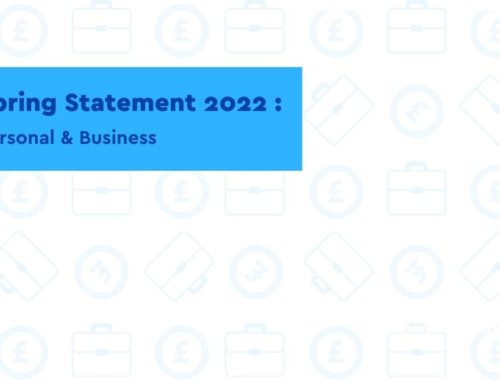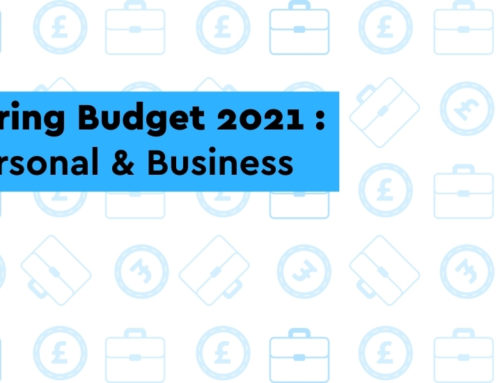Many people launch their new business by becoming a sole trader (also known as self-employed). It’s very quick and easy to set up, it allows you to retain the greatest amount of control and flexibility and it is relatively inexpensive to do.
However, there are also several challenges that are worth bearing in mind before you go ahead and register your business. Here are some of the pros and cons to weigh up before you come to a decision.
Pros
1. It’s easy to setup and manage
If you’re a first-time business owner, entrepreneur or starting a business alongside your current day-job, becoming a sole trader is the easiest way forward.
Just inform HMRC and register as self-employed if you earned more than £1,000 from self-employment in the previous tax year. Do check these figures with HMRC as this can change from year to year.
Then you just need to register online and submit your tax assessment every year.
2. It doesn’t cost much to get started
It’s free to register with HMRC as a sole trader, so you’ll reduce your start-up costs compared to if you were setting up a limited company.
3. You can stay in control
You can run your business exactly as you want and enjoy greater flexibility to move with the demands of the market when you’re a sole trader.
You won’t have to consult a partner, director or shareholders to get approval for your business ideas or be forced to make compromises. This will enable you to act quickly on your decisions and enjoy the success you’re working so hard towards.
4. You keep 100% of the profit
As a sole trader, you also get to keep all the profit after tax. You don’t have to share a penny with investors, shareholders or partners.
5. You can enjoy maximum business privacy
Limited companies need to register their business with Companies House, but as sole trader you won’t have to. This enables your business to stay private.
6. You can always change your mind later if you want to
Registering as a sole trader allows you to be more flexible as your business grows.
You can start small, you can change your business structure, or even switch to trading as a limited company later if you change your mind.
Cons
1. You’ll be liable for any business debt
If your business gets into debt, you will be liable. You will have to repay the debt from your personal finances and assets, and you won’t benefit from the protection that is available to limited companies and their owners.
2. It will be much harder to raise finance
Banks are less likely to provide funding if you’re a sole trader due to the greater risks involved and the more private nature of your business.
3. You’ll have less flexibility regarding tax
Limited companies tend to be more tax efficient than sole traders as you can often take steps to maximise your income and minimise your tax.
However, as a sole trader, you’ll have the same tax status as any individual. The current tax-free personal allowance for 2019/2020 stands at £12,500, then you pay tax on any income above this amount. This is currently:
- 20% for an income between £12,500 and £37,500
- 40% for an income between £37,501 and £150,000
- 45% for an income of above £150,000
4. It’s harder to take a holiday
When your entire business rests on your shoulders alone, it’s much harder to find time to take a break or get away for a holiday as there’s no one to run the business when you’re away.
5. You get to make all the important decisions
Although many sole traders love the control that they gain when they work as self-employed, this can come at a price.
There’s no one to discuss those important decisions with and the success or failure of the business will rest on your shoulders alone. This can lead to increased stress and pressure, especially if you have a family to support or outstanding debt.
6. You might appear less attractive to clients
Many people view sole traders as less professional and therefore less attractive to work with than limited companies.
Setting up as a sole trader offers flexibility, low start-up costs, and fewer complications than for limited companies. But it does come with certain disadvantages too. Make sure you do your research and decide which option is right for you and your business.
If you need advice in this area, please get in touch. We would be more than happy to help.
DISCLAIMER: This article is for guidance only, and professional advice should be obtained before acting on any information contained herein. Morgan Reach Chartered Certified Accountants cannot accept any responsibility for loss occasioned to any person as a result of action taken or refrained from in consequence of the content of this article.







